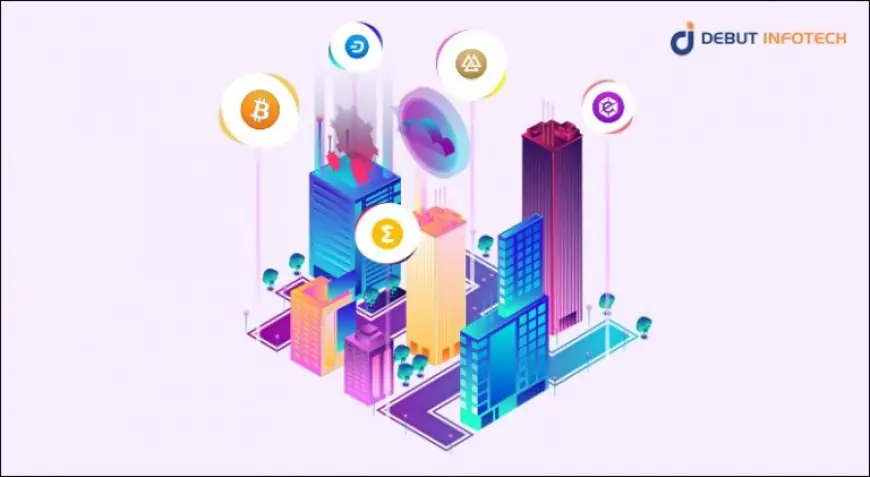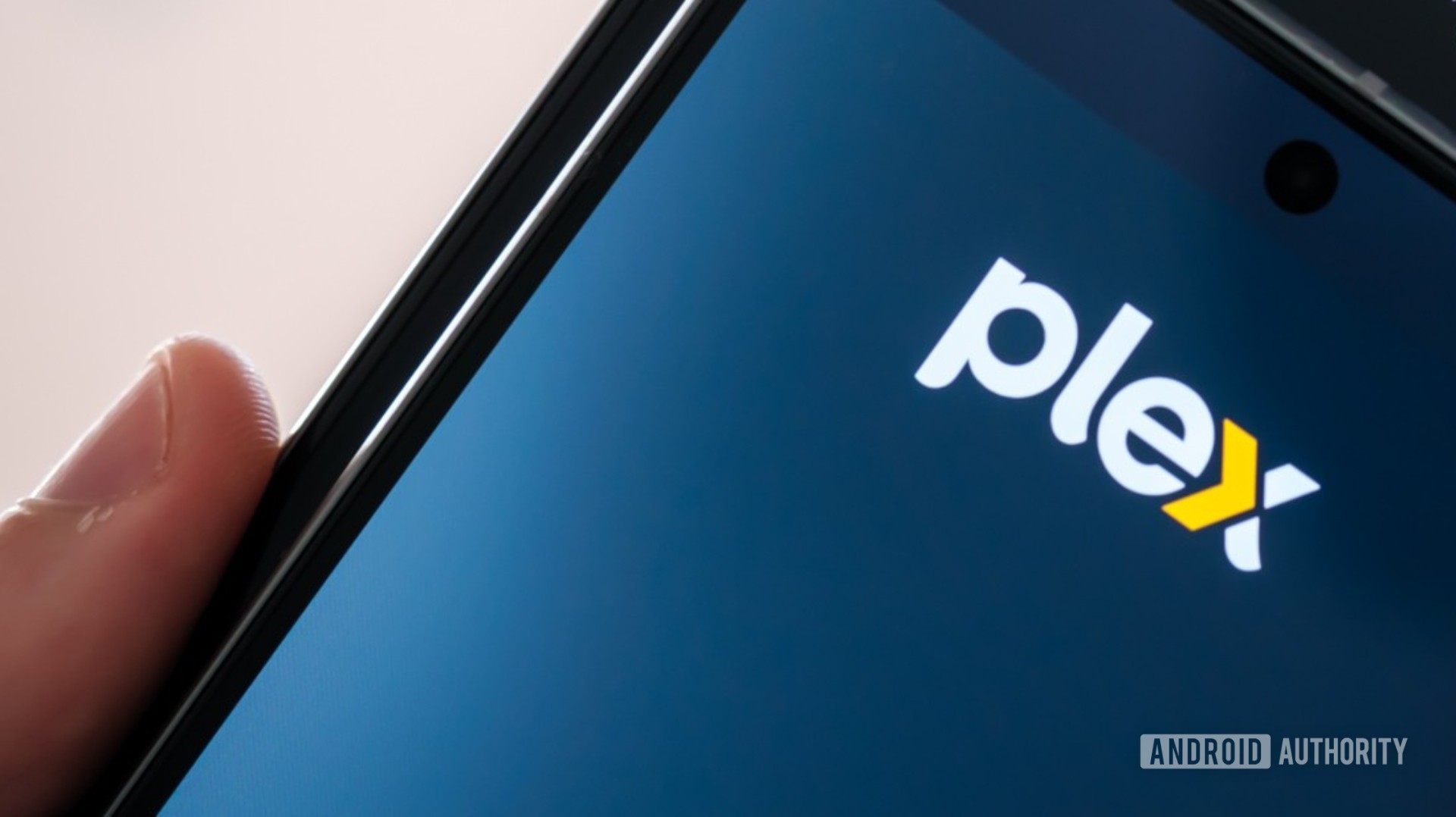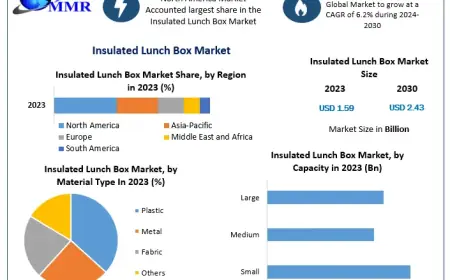What is Real Estate Tokenization, and How Does It Work?
Discover what real estate tokenization is and how it works. Learn how blockchain enables fractional ownership and transforms property investment.

In recent years, the concept of real estate tokenization has gained significant attention in the investment world. This process is transforming the way we buy, sell, and invest in properties by using blockchain technology to make real estate more accessible, liquid, and efficient. Exactly what is real estate tokenization, and how does it work? Let’s dive into this emerging trend.
Understanding Real Estate Tokenization
Real estate tokenization refers to the process of creating digital tokens on a blockchain that represent ownership in a real-world property or real estate asset. Essentially, these tokens are digital representations of physical assets such as land, buildings, or apartments. By doing so, tokenization enables investors to buy fractions of a property rather than needing to purchase the entire asset.
How Does Real Estate Tokenization Work?
The tokenization of real world assets begins with a property owner or developer deciding to tokenize their real estate. The process involves the following steps:
-
Creating a Digital Token: The first step is to create a blockchain-based token that represents a share of the property. These tokens are usually backed by the value of the real estate and can be divided into smaller units, enabling fractional ownership. This way, investors can own a percentage of the property instead of having to buy it outright.
-
Smart Contracts: The tokens are governed by smart contracts, which are self-executing contracts with the terms of the agreement written directly into lines of code. These contracts help ensure that ownership and transactions are transparent, secure, and automated without needing intermediaries like banks or brokers.
-
Issuing Tokens on a Blockchain: Once the tokens are created and linked to the property, they are issued on a blockchain network. Blockchain technology ensures that the ownership records are tamper-proof and publicly accessible, making the process more secure and transparent than traditional real estate transactions.
-
Trading and Transferring Tokens: After the tokens are issued, investors can buy, sell, or transfer these tokens on a secondary market. Blockchain platforms make these transactions faster and more affordable compared to traditional real estate processes, which often involve high fees and long waiting periods.
-
Owning Fractional Shares: Tokenization allows for fractional ownership, meaning that investors can own a small portion of a property rather than the whole thing. This reduces the barriers to entry for real estate investment, making it more accessible to a broader range of people. For example, instead of needing hundreds of thousands of dollars to purchase a property, an investor can buy a fraction of it for a smaller sum, with the potential for returns based on the property’s performance.
Advantages of Real Estate Tokenization
-
Increased Liquidity: One of the biggest benefits of real estate tokenization is the increase in liquidity. Traditional real estate investments can take a long time to sell, often requiring a full purchase of the property. With tokenized real estate, buyers and sellers can quickly trade tokens on blockchain platforms, making it easier to access capital or cash out.
-
Global Access: Tokenization makes real estate investment more accessible to people around the world. Investors no longer need to be in the same geographic location as the property to invest. They can buy tokens from anywhere, breaking down geographical barriers and expanding the pool of potential investors.
-
Fractional Ownership: By allowing fractional ownership, tokenization lowers the minimum investment required for real estate. This makes it easier for smaller investors to participate in large real estate markets that were once exclusive to high-net-worth individuals or institutional investors.
-
Transparency and Security: The blockchain technology behind real estate tokenization ensures that ownership records are secure, transparent, and easily traceable. This reduces the risk of fraud and ensures that all parties involved have access to the same information.
Conclusion
Real estate tokenization is a powerful innovation that is transforming the real estate investment landscape. It enables fractional ownership, increases liquidity, and provides a more transparent and secure way to buy and sell property. By leveraging blockchain technology, the tokenization of real-world assets has the potential to democratize access to real estate and open up new investment avenues for people worldwide.
In the future, tokenization is likely to become even more prominent in the real estate sector, bringing additional benefits to investors and property owners alike. The possibilities for tokenization in real estate are vast, and as the technology evolves, it will continue to shape the future of property investment.
What's Your Reaction?
 Like
0
Like
0
 Dislike
0
Dislike
0
 Love
0
Love
0
 Funny
0
Funny
0
 Angry
0
Angry
0
 Sad
0
Sad
0
 Wow
0
Wow
0




















































